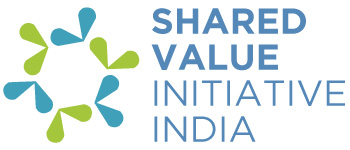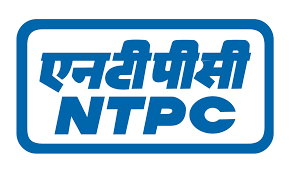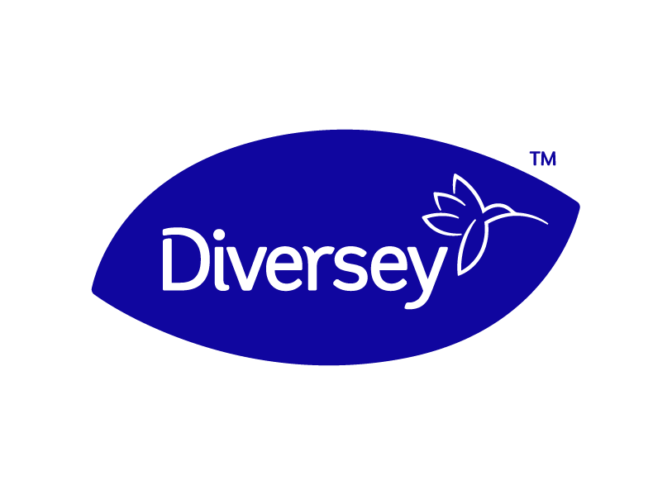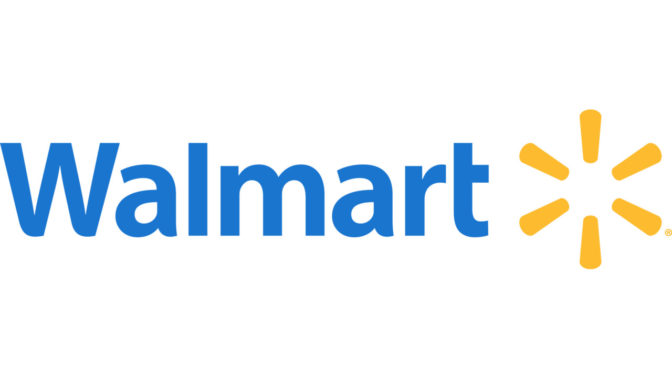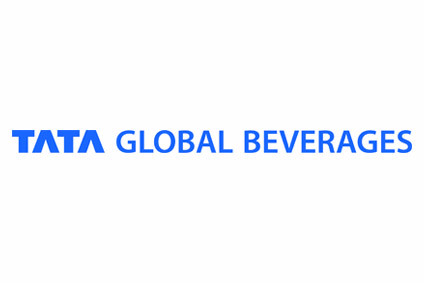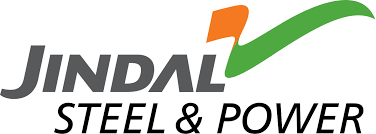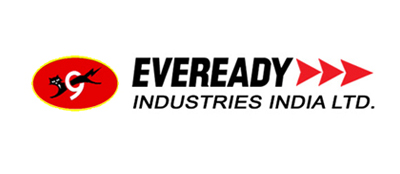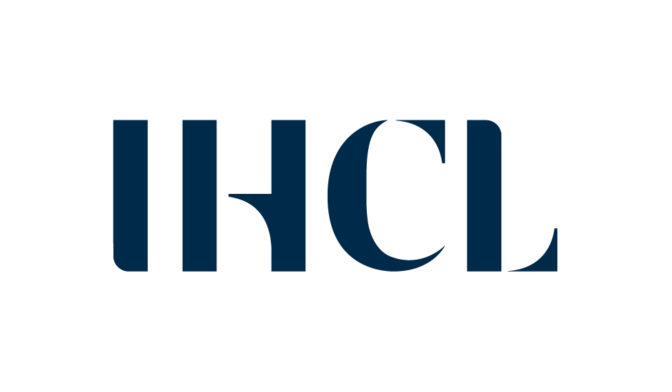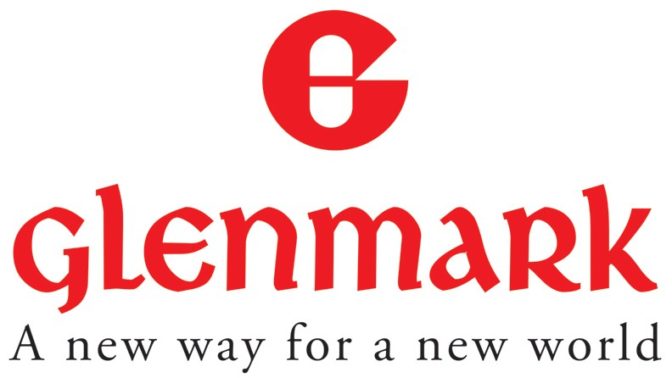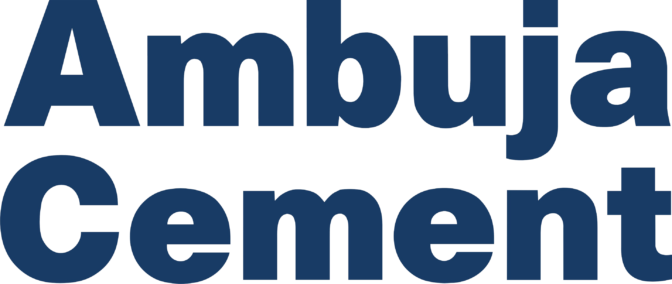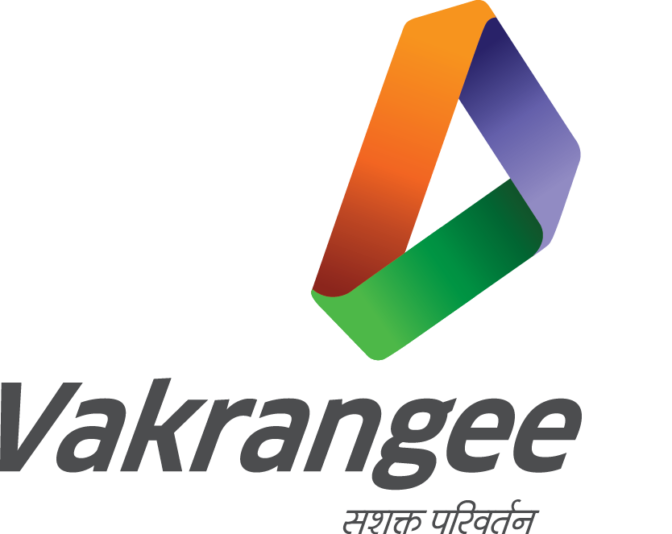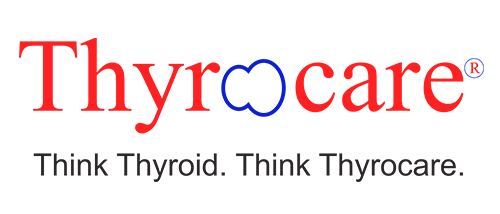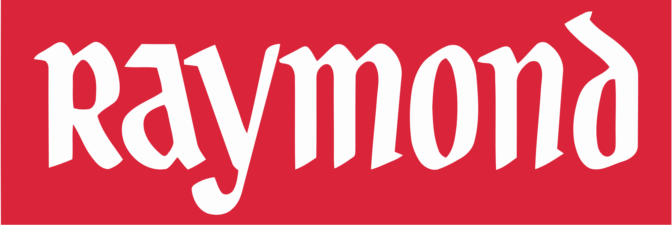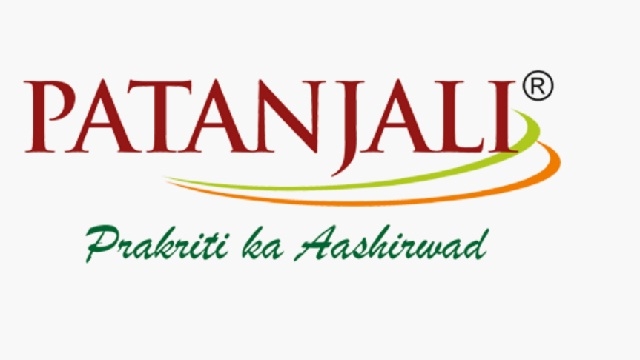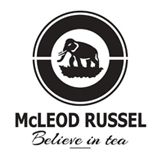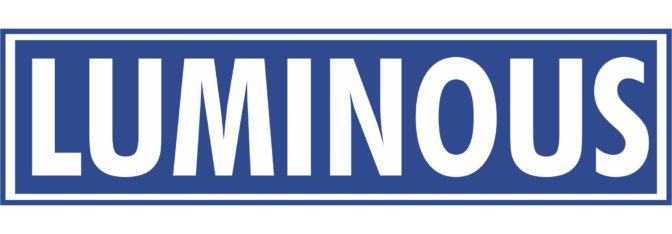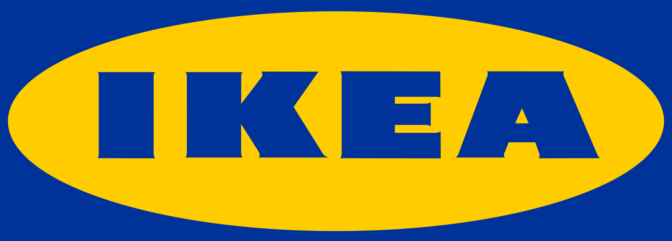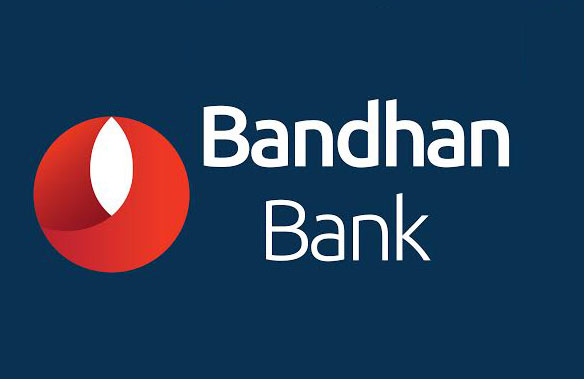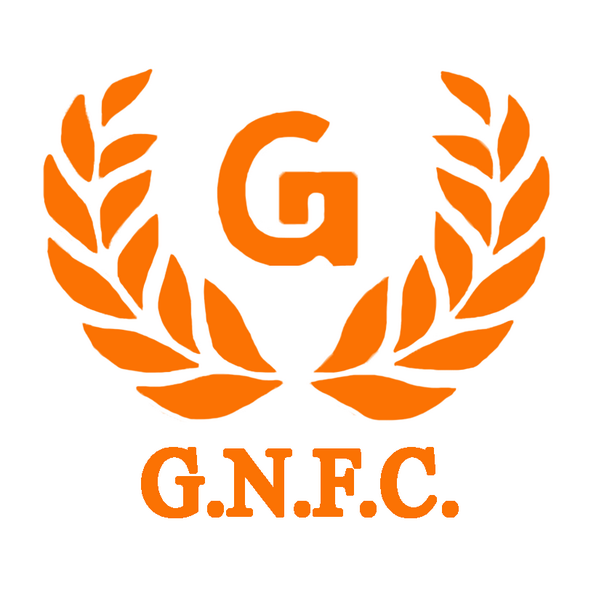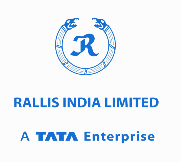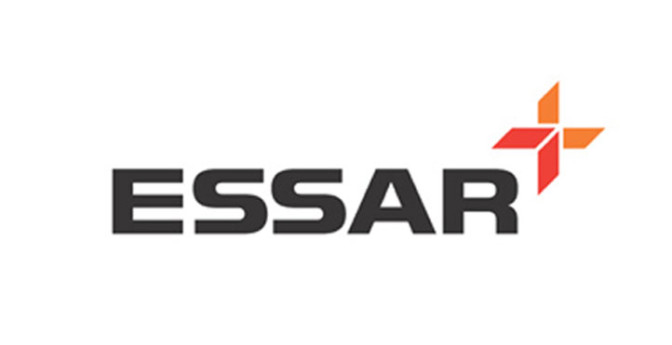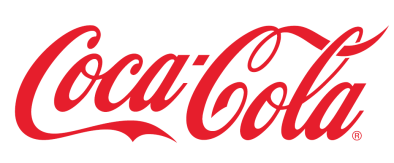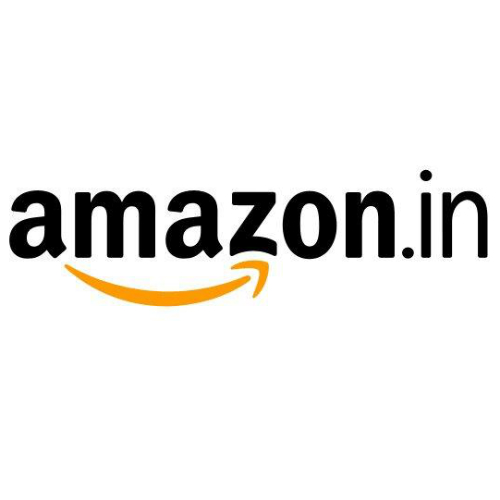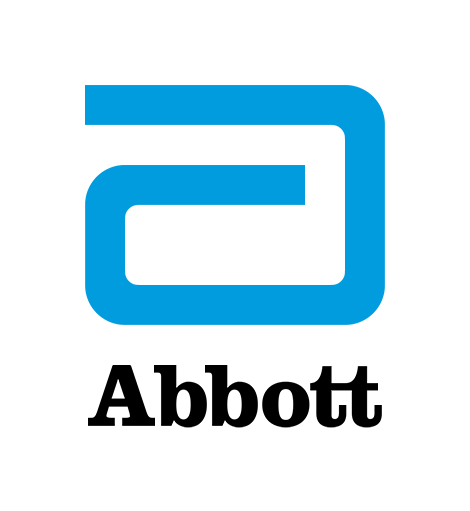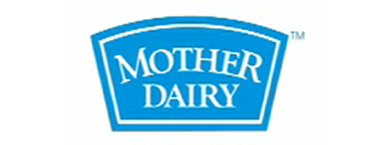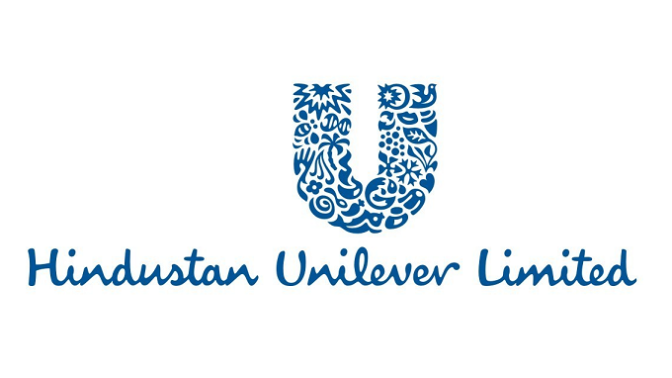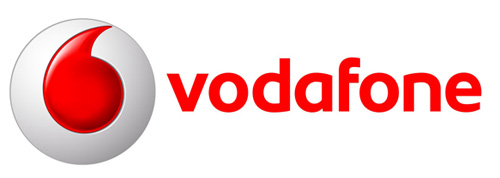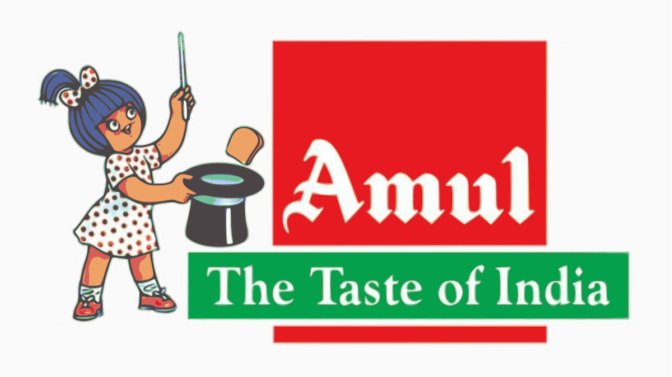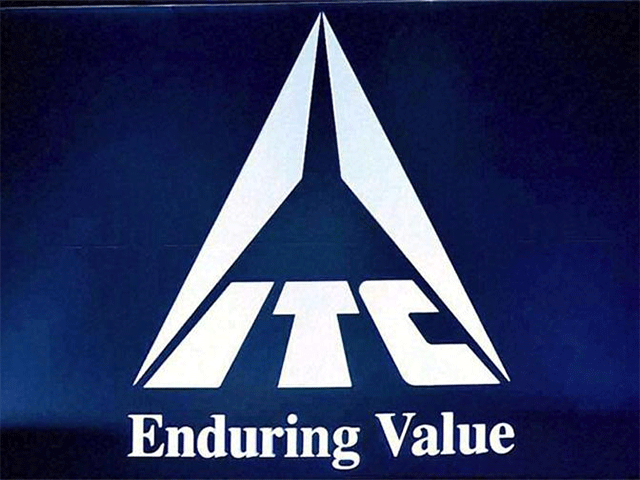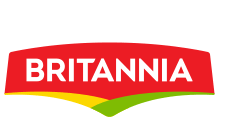[vc_row][vc_column][vc_single_image image=”4945″ img_size=”full” alignment=”center” full_width=”yes”][/vc_column][/vc_row][vc_row][vc_column][vc_tta_tour][vc_tta_section title=”Introduction” tab_id=”1510825065003-589a45cf-21c6″][vc_column_text]The constant disapproval of the profit making mechanism of the corporates by the civil society has led to certain process innovations from time and again. The evolution to serve the “Bottom of Pyramid” by the means of corporate philanthropy to CSR has seen a big difference as to how the corporates are seen by the society. “Shared Value” gives an entirely new approach of doing business with a strong focus on social and environmental benefits besides making economic gains. This social bent in the capitalist outlook aims to focus on the low-income underserved population, which collectively represent 65% of the global population. This is the result of a non-inclusive ecosystem that has led to their dependence on the informal economy for the fulfillment of their basic needs.
The limited success of the implementation of the government policies and initiatives has lead to the need of encouraging social entrepreneurs along with business strategies by the established corporate enterprises to look into the needs of the BoP. The primary reason for the CSR to not make an impact of the desired level is due to it being a non-core activity of the commercial enterprise which can be addressed by “Shared Value”. This concept is built on the idea of expanding the pie for all the stakeholders involved. The idea of shared value was propagated by Micheal E. Porter and Mark Kramer, nudges businesses to design and implement business models that aim at socio-economic impact. According to them, “The concept of shared value is defined as policies and practices that enhance the competitiveness of a company while simultaneously advancing the economic and social conditions in the communities in which it operates.
Over the years, there has been growing recognition among firms of the benefits of shared value and a rising trend among them to pursue shared value activities. These businesses have integrated social good into their business strategies and are becoming increasingly inclusive in practice. Apart from the goodwill these enterprises gain from socio-economic business models, they have also found it economically profitable to pursue the goal of shared value. Since these companies are gradually becoming more inclusive in nature, but still have a long way to go before they manage to inculcate all the intricacies of being a shared value enterprise, we call them “Inclusive Businesses”.
The Inclusive business List is launched with an aim to celebrate fifty such enterprises that are redefining the role of businesses in the society and to encourage them to continue down the path of shared value creation.[/vc_column_text][/vc_tta_section][vc_tta_section title=”Methodology” tab_id=”1510825065036-ac870b2f-b816″][vc_column_text]The Inclusive Business List 2017 recognizes companies that are actively involved in addressing social issues through activities related to their core business strategies. The list has names of the enterprises from diverse set of industries and is selected through a multi-step process.
The first step involves creation of a medium and large scale enterprise list that has significant operations in India. The second step involves having an overview of these enterprises describing any visible initiative having social and economic relevance along with an economic viability. The final step involves extensive discussions with a team of shared value experts on the inclusive business orientation of these companies. These companies were assessed based on the parameters like; social issue and challenge being addressed, sustainability of the initiative and degree of innovation.
A final selection of fifty companies has been done after a thorough assessment based upon the above parameters. The data collection for these companies involve review of secondary data from varying sources in public domain including annual reports, company websites, sustainability reports and other relevant websites.
IBL 2017 aims to promote the idea of shared value in addition to the concepts like CSR and corporate philanthropy to bring in a greater impact to the society at large. The list involves fifty companies that have a great potential to be the shared value enterprises of the future.[/vc_column_text][/vc_tta_section][vc_tta_section title=”Companies” tab_id=”1510825115223-6e5cc472-5748″][vc_toggle title=”Abbott” icon=”0″ icon_closed=”0″]Abbott is creating awareness in healthcare through patient engagement activities and education initiatives. At the forefront, there are campaigns around thyroid and women’s health, which have reached a million people and 84,000 women respectively. The company also partnered with healthcare professionals by providing them critical insights about new developments in the medical world. It has reached out to over 200,000 doctors across India through various events, training camps and their e-learning program, Knowledge Genie.[/vc_toggle][vc_toggle title=”Amazon” icon=”0″ icon_closed=”0″]In order to get the local retailers on board, Amazon started a program called “Amazon Chai Cart” in which mobile tea carts navigated through the city streets, serving refreshments to small-business owners while teaching them the virtues of e-commerce. The Chai Cart team traveled more than 9,400 miles across 31 cities and engaged more than 10,000 sellers. In addition the company rolled out “Amazon Tatkal” which allowed merchants to get onboard as a vendor in under an hour.[/vc_toggle][vc_toggle title=”Ambuja Cements” icon=”0″ icon_closed=”0″]Ambuja Cement is five times water positive, a feat achieved through conservation efforts and increasing water efficiency in its plants. It is also plastic positive, by burning as much as over 50,000 tonnes of plastic waste in its kilns, equivalent to 1.54 times of total plastic used. The company also generates 6.5% of its energy from renewable resources. The company also undertakes projects and schemes to promote the social and economic development of communities in and around the manufacturing locations of Ambuja Cement. These development initiatives have succeeded in bringing about change in the lives of 1.5 million people.[/vc_toggle][vc_toggle title=”Amul” icon=”0″ icon_closed=”0″]As part of Amul’s inclusive business practices and continuous efforts to improve the socio-economic conditions and livelihood of dairy farmers, Amul has come out with various schemes to increase cattle holding per farmer thereby their income. A Dairy Demonstration Farm (DDF) has been set up at Mogar to demonstrate scientific methods of dairy farming. The project envisages encouraging the farmers to use high yielding animals and modern aids to increase milk production.
[/vc_toggle][vc_toggle title=”Bandhan Bank” icon=”0″ icon_closed=”0″]Bandhan Bank focuses on giving loans to small borrowers who have no access to formal banking services. The bank is currently operational under two divisions of General Banking and Micro Banking with later focusing on Targeting the Hard Core Poor (THP), Employing the Unemployed Program and Enterprise Development & Financial Literacy with UNDP as part of their inclusive business programs.
[/vc_toggle][vc_toggle title=”Britannia Industries” icon=”0″ icon_closed=”0″]Britannia established its Nutrition Foundation in 2009 to help secure every Child’s right to Nutrition and Growth by implementing sustainable and replicable programs. Through this initiative the company pursues product innovation and research, addressing core and allied causes for malnutrition and assuming responsibility for the nourishment and vitality of the community.
[/vc_toggle][vc_toggle title=”Cargill” icon=”0″ icon_closed=”0″]Cargill is one of the major player in the fortification of edible oils in India. Cargill fortifies all its packaged refined edible oils produced in India with the essential vitamins A, D and E. Cargill has reached approximately 25 million consumers with its fortified oils. The company also produces process and distributes grain, oilseeds and other commodities to farmers. Cargill provide crop and livestock producers with farm services and products.
[/vc_toggle][vc_toggle title=”Coca Cola” icon=”0″ icon_closed=”0″]Among the growing concern of water scarcity in some parts of India Coca Cola through its global innovation initiatives have brought about efficient resource utilization. The company’s plant in India now uses 40% less water than that they did 5 years ago. The company has initiated projects on water rejuvenation in effort to make itself water positive. The company has also undertaken an employment enhancing vocation skills program called ‘Parivartan’ training program for retailers. Their campaign ‘Support My School’ (“SMS”), aims at revitalizing schools by providing them with adequate sanitation and basic amenities like toilets and other facilities, especially for the girl child.
[/vc_toggle][vc_toggle title=”Essar Foundation” icon=”0″ icon_closed=”0″]Essar consistently work towards reducing their carbon footprint at each plant. Essar’s steel plants practice rainwater harvesting to reduce dependence on ground water making them the lowest specific water consumers among global steel players. The plants also ensures zero wastage and have efficiency level of 100 percent by reusing materials like surplus steam from blast furnaces to generate electricity. Essar logistics maps all its vehicles for emission levels and overhauls them when necessary. The company also undertakes initiatives in healthcare, education, environment, livelihood, women’s empowerment and sports development around their plant areas.[/vc_toggle][vc_toggle title=”Eveready Industries” icon=”0″ icon_closed=”0″]Eveready undertakes social initiatives for the welfare & sustainable development of the community in and around its area of operations. One of their flagship initiative “En-Light a Girl Child” addresses crucial issues of empowerment of the girl child and perennial darkness in the rural households. The intervention has created positive discrimination for girl child, replacing their only source of lighting i.e. kerosene lamp with bright LED Lights for promoting education.[/vc_toggle][vc_toggle title=”Fab India” icon=”0″ icon_closed=”0″]With its focus on rural India, Fabindia was founded to market the diverse craft traditions of India. Fabindia currently links over 55,000 craft based rural producers to modern urban markets, thereby creating a base for skilled, sustainable rural employment, and preserving India’s traditional handicrafts in the process. It also has a unique Community Owned Company (COC) business model which aims to empower the supplier by setting up of supplier regional communities (SRCs), which are community owned companies, self managed and partially owned by rural artisans.
[/vc_toggle][vc_toggle title=”Glaxo Smithkline Pharmaceuticals” icon=”0″ icon_closed=”0″]Glaxo Smithkline in India is developing a broad range of innovative products in three primary areas – Pharmaceuticals, Vaccines and Consumer Healthcare. The company aims to make its vaccines accessible to people in all communities, and in remote areas where building awareness is of fundamental importance. The company is also developing educational materials that medical professionals can use to help educate patients about vaccine-preventable diseases.[/vc_toggle][vc_toggle title=”Glenmark Pharmaceutical” icon=”0″ icon_closed=”0″]Glenmark Pharmaceuticals focuses on reducing infant and child mortality by having initiatives for mother and childcare in their areas of operations. The company encourages a positive health seeking behaviour among pregnant women and mothers with infants, and caregivers towards right nutrition; including good hygiene practices and ensuring complete immunization for children.[/vc_toggle][vc_toggle title=”Godrej & Boyce” icon=”0″ icon_closed=”0″]Godrej introduced “Good and Green” initiative with an aim to ensure 25% reduction in energy consumption, achieve zero waste and carbon neutrality and generate one third of its portfolio revenues from green products and services by 2020. The company has also launched Godrej Disha to ensure employability for one million youth by 2020 with an objective of enhancing their earning potential. It is also working on various community based initiatives like waste management and development of watershed to cater to the bottom of the pyramid.[/vc_toggle][vc_toggle title=”Google” icon=”0″ icon_closed=”0″]Google made its foray into the ever-growing mobile payments sector in India by launching its mobile wallet app Google Tez. The Android version of the app supports a variety of languages such as Hindi, Bengali, Gujarati, Kannada, Marathi, Tamil, and Telugu. Also in order to increase the accessibility of the internet in India Google has come up with initiatives like free wi-fi connectivity at railway stations across the country. The company is also working in the field of digital education with its initiative “Internet Saathi” to help train women in rural India on the basics of internet.[/vc_toggle][vc_toggle title=”Gujarat Narmada Valley Fertilizers & Chemicals” icon=”0″ icon_closed=”0″]The Neem Project is a socio-economic initiative of implemented by GNFC. In doing so, GNFC began a backward integration process aimed at simultaneously creating shared value through empowering marginalised communities, and the rural poor with targeted focus on women empowerment. During the last three years, by collecting over 45,000MT of Neem seeds, more than INR 60 crore income has been generated for around 4.5 lakh women in 53 districts throughout India, involving a well-organized system of 5000 Neem seed collection centers across six states.[/vc_toggle][vc_toggle title=”HDFC Life” icon=”0″ icon_closed=”0″]HDFC Life focuses on the long-term financial well-being of the policyholders and their dependents through their ‘Swabhimaan Careers’ project. This initiative proactively reaches out to the policyholder’s dependents and extends an opportunity to the dependents to send their applications to HDFC Life for potential employment in the company. The company has also undertaken a project which involves providing vocational training to around 200 differently abled youth and ensuring at least 80 percent placement.[/vc_toggle][vc_toggle title=”Hindustan Unilever” icon=”0″ icon_closed=”0″]Hindustan Unilever has come up with Unilever Sustainable Living Plan (USLP) to drive profitable growth for its brands, save costs and fuel innovation. The company has set goals of improving health & well-being of over a billion people by 2020, reducing environmental impact and enhancing livelihoods. The company has achieved a reduction in CO2 emissions per tonne of production by 49% compared to 2008. There has been a reduced by 53% in baseline water usage (cubic meter per tonne of production) compare to 2008. Total waste generated from the factories is reduced by 45% in 2016 as compared to 2008.[/vc_toggle][vc_toggle title=”IKEA” icon=”0″ icon_closed=”0″]IKEA has undertaken an initiative called social entrepreneur which is a collaboration between IKEA and business-minded women in rural areas, local artisans with previously little or no access to paid, sustainable income. The company works with its partners to share knowledge about design, production, environmental management and export. The social entrepreneurs have the access to a global marketplace, giving them a strong foundation for self-sufficiency and independence.
[/vc_toggle][vc_toggle title=”Indian Hotels Corporation Ltd” icon=”0″ icon_closed=”0″]Indian Hotel Company has been working to make their business align with the communities around having focus on Vocational skill development programs, partnerships to preserve & promote indigenous heritage, culture, arts and handicrafts and income generation and livelihood enhancement programs. The company support partner NGOs & other partner Tata Companies’ to provide hospitality and service industry relevant skill trainings to youth from rural, less-privileged, Scheduled Caste/Scheduled Tribe & differently abled backgrounds.[/vc_toggle][vc_toggle title=”Indian Oil” icon=”0″ icon_closed=”0″]Indian Oil is currently working on the initiatives like education, healthcare and sanitation to improve the quality of life of the workforce and their families as well as of the local communities around its areas of operations. Indian Oil under the Swachh Vidyalaya Abhiyaan took the initiative to construct/repair 2855 toilets in Govt. schools across 16 States with most of the schools in remote and backward areas of Assam, Bihar, Chhattisgarh, Odisha, etc.[/vc_toggle][vc_toggle title=”Intellecap – Aavishkaar” icon=”0″ icon_closed=”0″]Intellecap-Aavishkaar provides innovative business solutions that help build and scale profitable and sustainable enterprises dedicated to social and environmental change. The group offers range of financial products to entrepreneurs working to solve problems at the bottom of the pyramid, including equity funds, a venture debt vehicle, microfinance lending, and investment banking services, consulting, research and access to global networks. Intellecap-Aavishkaar currently focuses on 6 sectors i.e. Financial Services, Clean Energy, Water & Sanitation, Agriculture & Rural business, Healthcare and Education & Vocational Training. The 31 MFIs incubated by the company have disbursed micro-loans amounting to USD 125 million to over 700,000 borrowers thereby serving the bottom of the pyramid and gaining success with these inclusive businesses.[/vc_toggle][vc_toggle title=”ITC Limited” icon=”0″ icon_closed=”0″]ITC focuses on the “Triple bottom Line” and is a carbon positive, water positive and solid waste recycling positive company. Its e-choupal initiative has empowered 4 million farmers in over 35000 villages. The integrated watershed development program has brought soil and moisture conservation to half a million acres of land in the country. ITC’s animal husbandry initiative covers over 10,500 villages in 7 states and has provided services to over 1.3 million milch animals. The company’s environmental and social impact has created over 6 million sustainable livelihoods along with generation of annual turnover of nearly $8 billion.[/vc_toggle][vc_toggle title=”Jain Irrigation” icon=”0″ icon_closed=”0″]Jain Irrigation is working for the betterment of the environment and rural development. The company is developing barren land into cultivable land, distributing plant saplings for afforestation and is also developing a sanctuary. It is also working on initiatives like advancement of education and literacy, providing medical facilities, promotion of games, sports and physical fitness and culture.[/vc_toggle][vc_toggle title=”Jaipur Rugs” icon=”0″ icon_closed=”0″]Jaipur Rugs is the world’s largest exporter of hand-knotted rugs. It has achieved this by integrating the various components of its value chain, including the sourcing of raw material, rug manufacturing, exporting and wholesaling. It focused on employment of marginalized women and helped these weavers purchase looms through government subsidies. The company also provides training for its weavers and loans to help them in developing their business. The company has a network of 40,000 artisans across India and clientele across 40 countries of the world.[/vc_toggle][vc_toggle title=”Jindal Steel and Power” icon=”0″ icon_closed=”0″]JSPL works for the underprivileged communities by supporting a wide range of socio-economic, educational and health initiatives. Under its educational initiatives the company runs a training school (Jindal Institute of Power Technology) for power plant professionals; five O.P. Jindal Community Colleges in Odisha, Chattisgarh and Jharkhand and four Industrial Training Institutes. JSPL also provides 332 community teachers to 160 government schools and is also running schools at Raigarh, Tamnar, Nalwa, Angul and Patratu to impart education to 5500 students.
[/vc_toggle][vc_toggle title=”Lemon Tree Hotels” icon=”0″ icon_closed=”0″]Lemon Tree Hotels works on mainstreaming ‘Opportunity Deprived Indians’ i.e. ODIs into its workforce. The company has also developed a standard process to induct people with disabilities into its entire hotels pan India. These include people with Physical Disability such as Speech and Hearing Impaired (SHI), Orthopedically Handicapped (OH), Acid Survivors (AS) and people with Intellectual Disability such as Down syndrome and Autism. Currently, 13% of group employees are from this segment of the population. ODIs also include people who belong to marginalized section of society or are from the economically / socially weak segment such as Below Poverty Line (BPL) individuals, Widowed or abandoned/battered/destitute/divorced women, Orphans/abandoned girls, Individuals from economically weak families and Communities who do not get education and employment opportunities easily i.e. North Eastern States, Bihar, Jharkhand, Chhattisgarh, Orissa, tribal/interior areas of any state, etc.[/vc_toggle][vc_toggle title=”Luminous ” icon=”0″ icon_closed=”0″]Luminous is currently running initiatives like Luminous Advanced Mentoring Programme – Lamp Scholars, E-base, Brightening up lives, Illuminating spaces and is providing accessibility to quality healthcare to the remotest of places in India. Through its healthcare initiative the company has reached out to 4000 school children in 20 secondary schools in Gagret, Himachal Pradesh for medical tests such as HB, eye refraction and dental screening. It also organized gynecological consultation in specialized camps for women, pregnant women and adolescent girls.36 Health and Hygiene Community events were conducted focusing on Sanitation Drives, Health Awareness Programs, Pre & Post Natal Health and Universal Immunization.[/vc_toggle][vc_toggle title=”Mahindra & Mahindra” icon=”0″ icon_closed=”0″]Mahindra delivers most relevant advances in farm technologies and technical know-how along with relevant market linkages to the farmers to ensure better returns for their produce. Mahindra with its project “Prerna” is also touching lives of the women who labour on farms across the country. The company is equipping women with gender friendly farm tools that will make all that they do easier, safer and more productive. Mahindra is also the first automotive company to bring out an electrical vehicle in India and is working on the development of new methods of charging of electrical vehicles.[/vc_toggle][vc_toggle title=”McLeod Russel” icon=”0″ icon_closed=”0″]Mcleod Russel the world’s largest bulk tea producer aims to make an impact in the lives of the small tea growers by providing infrastructural and management support to small tea growers in Assam. This allows its experience of growing tea to be passed on to the local communities and encourages their sustainability in creating a livelihood and income. It also buy these harvested leaves from small-scale tea planters to provide them the opportunity of ensuring a guaranteed sale for their crop at better than market levels.[/vc_toggle][vc_toggle title=”Mindtree” icon=”0″ icon_closed=”0″]Mindtree is an equal opportunities employer having over 40 people with disabilities working in the organization. Mindtree has devised several exclusive initiatives to help PWD with education, medical aid and providing vocational training. As a technology company, it also develops Assistive Technologies (AT) to help people with disabilities in their activities of daily living (ADL). Some of the Assistive Technologies, Mindtree is currently working upon includes; KAVI-PTS, KAVI-T, GaitWay etc.[/vc_toggle][vc_toggle title=”Mother Dairy” icon=”0″ icon_closed=”0″]Mother Dairy has contributed significantly in the advancement of the dairy sector through a series of innovations and programs. As a responsible organisation Mother Dairy has been working towards improving the livelihood standards of the small subsistence farmers by educating them about better farming techniques, hygienic practices and modern methods of dairy farming. The company also pioneered delivery of hygienic processed milk to the consumer in an unpacked condition, thereby saving tonnes of plastic waste.[/vc_toggle][vc_toggle title=”Mphasis” icon=”0″ icon_closed=”0″]Mphasis focuses on livelihood activities to help the underprivileged and disabled. Some of their activities include; Transformation of a traditional skill-based handloom cluster into a digitally integrated community, empowering of weavers for socio-economic prosperity, Industry relevant skills training and placements of persons with hearing and orthopedic disabilities, Leveraging tech-driven, market-based solutions to empower youth with employable skills.[/vc_toggle][vc_toggle title=”Narayana Hrudayalaya” icon=”0″ icon_closed=”0″]Dr Devi Shetty opened his multi-specialty hospital chain with a mission to help the under privileged by providing affordable medical care to the masses. The organisation works on the model of economies of scale to keep the costs at a bare minimum. Also to ensure access to everyone regardless of the paying capacity, the hospital has established provisions in place to offer discounted prices and grants depending on the patient’s economic condition.[/vc_toggle][vc_toggle title=”NTPC” icon=”0″ icon_closed=”0″]NTPC is actively involved with community development projects that cover a diverse range of issues such as basic infrastructure development, education, community health & sanitation, capacity building and gender empowerment. Under its education initiatives the company is facilitating primary education through adoption of schools and introducing programmes to boost its universalization, promoting of rural culture and sports, adult education centres, programmes for educating girls, providing education aids, equipments, scholarships and sponsorship.
[/vc_toggle][vc_toggle title=”Patanjali” icon=”0″ icon_closed=”0″]Patanjali is providing modern education through Gurukul System for girl child and poor students and healthcare services through Ayurveda. It is focused on research & development in the field of Ayurvedic medicines. It is also working towards making the farmers wealthier by providing proper market linkages.
[/vc_toggle][vc_toggle title=”PNB MetLife” icon=”0″ icon_closed=”0″]PNB MetLife is helping different communities grow by creation of a sustainable environment and society for everyone. The company supports the cause of education and development of underprivileged children in the states of Karnataka and Jammu & Kashmir. It is also working to support sports like badminton at the ground level through its flagship program Junior Badminton League. Other initiatives of the company include the areas of Financial Inclusion, Insurance Awareness, Health Initiatives, Vocational training, Disaster Relief and Rehabilitation activities.[/vc_toggle][vc_toggle title=”Raymonds” icon=”0″ icon_closed=”0″]The “Raymond Tailoring Initiative” was under taken by Raymond with the vision of imparting training skills to the unemployed, underprivileged youth as well as the existing tailoring community, by upgrading their current skill set and encouraging employment and entrepreneurship to upgrade their products in terms of finish and style, earn more revenue thereby improve their status in the society.[/vc_toggle][vc_toggle title=”Reliance Industries ” icon=”0″ icon_closed=”0″]Reliance has always made inclusive development the cornerstone of its business strategy to achieve sustainable and profitable growth, creating in its wake thriving eco-systems around all its businesses. Reliance supports local schools with logistical and financial support, capacity building of teachers and infrastructure development. It also organises skill development and income-generating programmes for local communities. Assistance is also given to such communities by helping them to start Self Help Groups and empowering them with marketing knowhow. It also conducts several livelihood training programmes and has provided aid and equipment to the physically challenged. Reliance has led by example in providing affordable curative and preventive healthcare services to the community through various healthcare programmes.[/vc_toggle][vc_toggle title=”ReNew Power” icon=”0″ icon_closed=”0″]ReNew India Initiative by Renew Power focuses on empowering communities by educating and giving them means of livelihood. The company is working to improve the quality of life in rural India by ensuring development to the “Bottom of Pyramid”. Under their flagship initiative SVARG (Smart Village Adopted by ReNew group) the company has adopted Paniyara in Varanasi for supporting community based solar micro-grid unit ensuring sustainable availability of electricity, improving education, women empowerment, creating livelihood opportunities for youth, ensuring access to safe source of drinking water and sanitation.
[/vc_toggle][vc_toggle title=”Sealed Air” icon=”0″ icon_closed=”0″][/vc_toggle][vc_toggle title=”SKF” icon=”0″ icon_closed=”0″]SKF is currently running their flagship initiative SKF Care that works to create shared value for their business, employees, the environment and the community. Under this initiative the company is currently running a sports academy in Pune which provides training in Football, Hockey and Cricket to children with special focus on promotion of physical and mental growth among girls. Their flagship CSR program – YES: Youth Empowerment at SKF aims to train more than 5000 youth with the know-how of modern automobile maintenance and servicing skills in a span of five years and continue to add skilled and employable workforce.[/vc_toggle][vc_toggle title=”Tata Global Beverages” icon=”0″ icon_closed=”0″]TATA Global Beverages is constantly working to be a water positive company. Tata Coffee Plantations practice methods to conserve water and also ensures supply of potable water to its residential workforce population of 10,000 people. The company is also working on large scale community initiatives with focus on women empowerment, health and nutrition, education and skill development. It is also working on improving the lives of tea workers and their environment.[/vc_toggle][vc_toggle title=”Tata Motors” icon=”0″ icon_closed=”0″]TATA Motors is currently working on its initiatives in the field of health, education, employability or skilling, environment, drinking water and community development. Company’s skill development programme aims to build the capacity of unemployed youth by providing vocational training in automotive and other industrial trades. The initiative also helps farmers and women augment their income through the company’s agriculture and allied initiatives.[/vc_toggle][vc_toggle title=”Tata Rallis ” icon=”0″ icon_closed=”0″]TATA Rallis currently run initiatives in the field of water resource management, rural development, employability and road safety. Under their natural resource management initiative the company is working on becoming water positive and is helping communities to harvest rain water and farmers for optimum utilization of water. The company also focuses on women empowerment through SHGs and skill training.[/vc_toggle][vc_toggle title=”Thyrocare” icon=”0″ icon_closed=”0″]Thyrocare is India’s first fully automated diagnostic laboratory with a focus on providing quality at affordable costs to laboratories and hospitals in India. Through a combination of air-cargo logistics and IT enabled, barcoded, bi-directional systems the company ensures a turnaround time of 4 to 8 hours for processing of samples that arrive at any time of the day or night. The company is working on to facilitate and standardize quality and cost of laboratory services across the world.[/vc_toggle][vc_toggle title=”Uber” icon=”0″ icon_closed=”0″]Uber has also entered into a partnership with Maruti Suzuki to train its drivers and another partnership with Xchange Leasing India Ltd. to lease out cars to drivers who are unable to buy one with monthly payment agreements. The company has worked on improving its accessibility by adapting to accepting cash payments and allowing users to book its cabs without downloading the app to deal with the issue of low usage of digital payments and low Internet access.[/vc_toggle][vc_toggle title=”Vakrangee Ltd” icon=”0″ icon_closed=”0″]Vakrangee is bridging the financial inclusion gap between the developed urban India and the under-developed rural India by serving a 700+ million people market through its Vakrangee Kendra. These Kendra offers real-time BFSI services, Government to Citizen Services (G2C) & Business to Consumer Services (B2C) to the unserved rural, semi-urban and urban markets.[/vc_toggle][vc_toggle title=”Vodafone” icon=”0″ icon_closed=”0″]Vodafone has implemented various innovative initiatives that have seen widespread societal benefits. Some of these initiatives include m-Pesa, Vodafone angel stores, RISE, SEWA RUDI Sandesha Vyavhar, Women of Wonder, Skill Development and Financial Literacy. Vodafone developed a technology platform, a dedicated virtual marketplace exclusively for women entrepreneurs which can be accessed through a mobile app. The app enables women entrepreneurs, working in diverse industries such as manufacturing, services, trade, agriculture, retail, handicraft and garment to display their goods and avail products and services within their network using a mobile app.[/vc_toggle][vc_toggle title=”Walmart” icon=”0″ icon_closed=”0″]Walmart supports initiatives focused on enhancing opportunities in skills training, environment sustainability, women empowerment and community development. The company also has a ‘Store of the Community’ program which encourages employees to volunteer in their local communities. Walmart India’s Women’s Economic Empowerment Initiative is providing sustainable employment opportunities and significantly expanding economic opportunities for women across India. Through a combination of local programs the company is positioned to impact more than 75,000 women in India.[/vc_toggle][/vc_tta_section][vc_tta_section title=”Conclusion” tab_id=”1510825154877-e9851cbc-aff4″][vc_column_text]According to Prof. Micheal E. Porter and Mark Kramer, businesses can create shared value opportunities in three ways: by reconceiving products and markets, by redefining productivity in the value chain and by enabling local cluster development. The Inclusive Business List 2017 includes companies working on these three aspects of creating shared value. All these companies are gradually becoming more inclusive by recognizing the benefits and working on certain aspects of shared value creation. Since only a few of these companies have formally used the concept to maximize societal and economic benefits by acting on all the three ways of creating shared value themselves, we call them inclusive businesses.
This list is an effort to encourage these companies and numerous others to progress towards becoming shared value enterprises and effectively address social issues.[/vc_column_text][/vc_tta_section][/vc_tta_tour]Download PDF[/vc_column][/vc_row][vc_row][vc_column][vc_text_separator title=”Presentation”][vc_video link=” https://www.youtube.com/watch?v=zy-7GwwWqNc&t=4s” align=”center” title=”Inclusive Business List 2017″][/vc_column][/vc_row][vc_row][vc_column][vc_text_separator title=”Release Pictures”][vc_gallery type=”grid” images=”4979,4980,4981,4982,4983,4984,4989,4998,4999,5000,5001,5002,5003,5004,5005,5006,5007,5008,5009,5010,5011,5012,5013,5014,5015,5335,5336,5337,5338″][/vc_column][/vc_row][vc_row][vc_column][vc_text_separator title=”The Inclusive Business List” color=”mulled_wine” border_width=”2″]
[/vc_column][/vc_row]